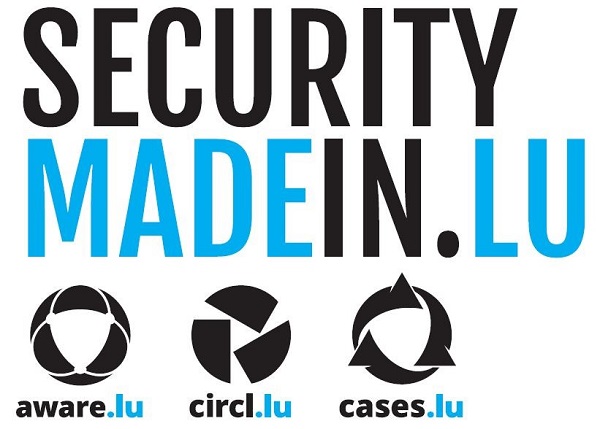
SecurityMadeIn.lu, the main online source for cybersecurity in Luxembourg, has published cybersecurity guidelines for homeschooling.
With the closure of schools, homeschooling has become the new norm for Luxembourg's students. As students, parents and teachers adapt to new tools and working methods, SecurityMadeIn.lu has stressed the importance of remembering cybersecurity.
According to SecurityMadeIn.lu, there are three main points that need to be monitored: equipment (computer, tablets, etc.); applications; connection. Concerning the first, the material used for online courses should be regularly updated and students should use a computer dedicated to school work. If this is not possible, it is advisable to set up separate accounts for family members. Similarly, users should avoid connecting interfaces (USBs, memory cards, etc.) with uncertain origins and should install and regularly update antivirus software. SecurityMadeIn.lu also suggested making sure the computer is locked and stored carefully when not in use.
Regarding applications, only the software and platforms made available by the Ministry of Education for school work should be used. Users should update all software and applications installed on their computer. Teachers should ensure that their students use their personal access properly, while students and parents should use their personal access, making sure to change the initial password used to access this account. A strong password consisting of lowercase letters, capitals, numbers and special characters is recommended. Regarding data transfer, users should use only the sharing functions of the application made available by the Ministry of Education and should not transfer services to the public cloud. They should use only their school email address to exchange messages.
Likewise, users should not connect to any public, unknown or insecure network; they should securely connect to their Wi-Fi at home (the network must be encrypted and accessible only with a password) and connect to 3G or 4G networks if they do not have access to a secure Wi-Fi connection. Users are advised to be careful also when checking emails and social networks, especially since there are several misleading messages related to COVID-19 out there. These include fake news (opt for news for official government websites or recognised media sources), phishing emails with links to fake websites and ask for access codes and scam messages (for example offering protective masks).
Finally, SecurityMadeIn.lu asked internet users to think before they click.








